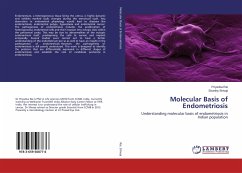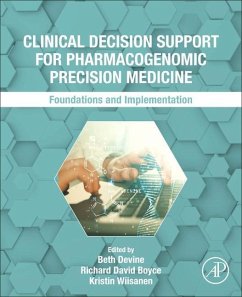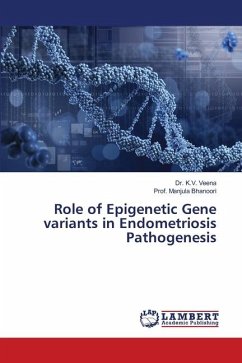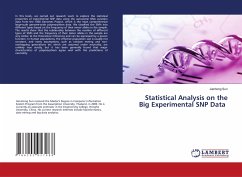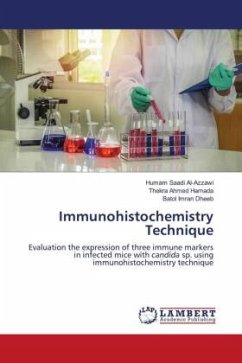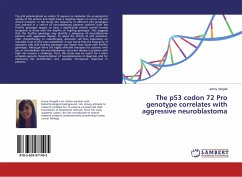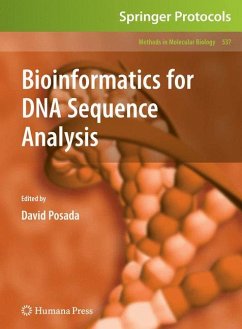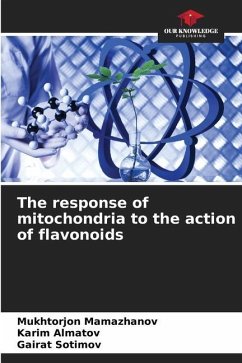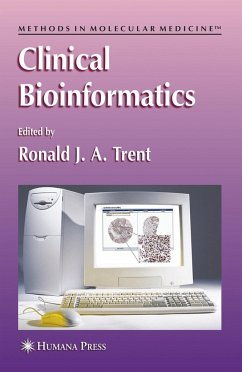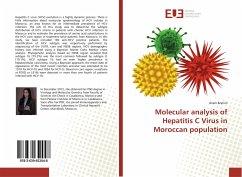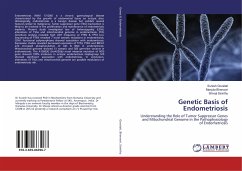
Genetic Basis of Endometriosis
Understanding the Role of Tumor Suppressor Genes and Mitochondrial Genome in the Pathophysiology of Endometriosis
Versandkostenfrei!
Versandfertig in 6-10 Tagen
51,99 €
inkl. MwSt.

PAYBACK Punkte
26 °P sammeln!
Endometriosis (MIM 131200) is a chronic gynecological disease characterized by the growth of endometrial tissue on ectopic sites. Histologically, endometriosis is a benign disease but exhibits several features similar to malignancy. Tumor suppressor gene (TSG) inactivation is likely to be involved in the proliferation and maintenance of endometriotic implants. Present study investigated loss of heterozygosity (LOH), alterations of TSGs and mitochondrial genome in endometriosis. PCR-GeneScan analysis revealed high LOH frequency at PTEN & TP53 loci. Sequencing of PTEN revealed 7 novel somatic mu...
Endometriosis (MIM 131200) is a chronic gynecological disease characterized by the growth of endometrial tissue on ectopic sites. Histologically, endometriosis is a benign disease but exhibits several features similar to malignancy. Tumor suppressor gene (TSG) inactivation is likely to be involved in the proliferation and maintenance of endometriotic implants. Present study investigated loss of heterozygosity (LOH), alterations of TSGs and mitochondrial genome in endometriosis. PCR-GeneScan analysis revealed high LOH frequency at PTEN & TP53 loci. Sequencing of PTEN revealed 7 novel somatic mutations in endometriosis. CDH1 functional polymorphisms showed association with endometriosis. Expression studies revealed decreased expression of TP53, PTEN and BRCA1 and increased phosphorylation of Akt & BAD in endometriosis. Mitochondrial genome showed 51 somatic and 583 germ-line variants in endometriosis. The A13603G (Ser423Gly) novel missense mutation of ND5 gene showed 100% incidencein ectopic endometrium. Haplogroup M5 showed significant association with endometriosis. In conclusion, alterations of TSGs and mitochondrial genome are possible modulators of endometriosis risk.



